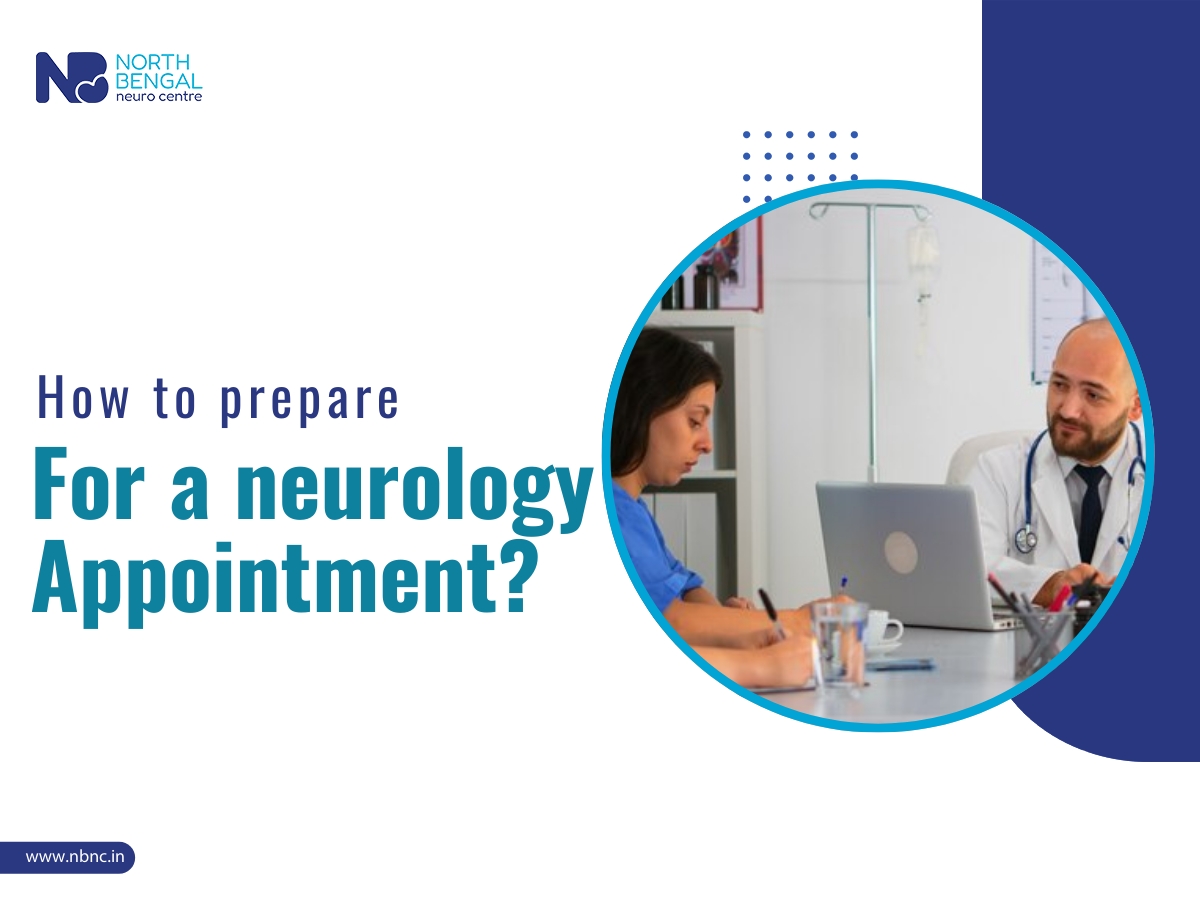The term "bone loss" is the body loses bone mass and density as a result of breaking down more bone tissue. The progressive weakening and thinning of bones, known as bone loss, raises the risk of fractures, persistent discomfort, and decreased mobility.
Bone pain, a stooped posture, back pain, loss of height, etc., are the classic symptoms here. You might consult the best orthopedic doctor Siliguri for effective treatment and accurate diagnosis.
This blog sharesfive main illnesses that can cause bone loss.
1. Osteoporosis
Bone loss is most commonly caused by osteoporosis, which occurs when bone density and strength gradually deteriorate, making bones increasingly brittle and prone to shattering. Upon noticing symptoms of osteoporosis, like bone pain, back pain, or lower back pain, etc., consulting a doctor, such as an orthopedic or general physician, is a must.
Bone fractures, or shattered bones, are far more common in people with osteoporosis. It affects areas like the hips, wrists, and spine, which is one of the common diseases in menopausal women.
2. Rheumatoid Arthritis
An autoimmune condition known as rheumatoid arthritis (RA) results in joint inflammation. This inflammation has the potential to weaken bone over time, which can cause local periarticular and generalized bone loss.
Besides harming joints, RA can lead toa loss of bone in general.Systemic inflammation is a critical sign of RA. It can cause bone loss in three ways: periarticular bone erosions, localized subchondral bone loss, and systemic bone loss across the axial skeleton.
3. Hyperthyroidism
An overactive thyroid stimulates several bodily activities, including bone turnover. Symptoms here may include unexplained weight loss, a rapid pulse, irritation, or anxiousness.
Osteoporosis, decreased bone density, increased fracture rate, and faster bone remodeling are all linked to hyperthyroidism. As per studies, untreated hyperthyroidism raises the risk of osteoporotic fractures and dramatically reduces bone mineral density (BMD).
4. Diabetes
You could have received a type 1 diabetes diagnosis while you were young. It can put you at risk because that was the time for bone-building. Those with poorly managed diabetes may see more bone loss.
A typical symptom of diabetes, hyperglycemia, speeds up the production of AGEs, which causes collagen fibers to cross-link and reduces bone hardness. Insulin resistance is a major contributing factorto chronic low-grade inflammation, which can put you at risk of bone loss.
5. Anorexia Nervosa and Eating Disorders
Body mineral density in anorexia nervosa patients is highly common. Hormonal imbalances, particularly low estrogen or testosterone, which are necessary for bone preservation, are common in people with chronic starvation and low body weight.
Anorexia nervosa and other eating disorders might raise your risk of osteoporosis and fractures.Absence of menstruation in females, severe dietary restrictions, overexercise, etc., ensure adverse effects on physical health, including the bones. You might see the best orthopedic doctorSiliguri for bone loss care.
Importance of Expert Care
Effective bone loss management needs a patient-centric approach anda combination of treatment strategies. A thorough diagnosis with blood testing and bone density imaging to determine underlying reasons is usually part of expert care.
A personalized exercise program, including weight-bearing exercises, dietary changes high in calcium and vitamin D, and medication,is a common part ofbone loss treatment. Lifestyle advice, such as quitting smoking and alcohol, is also very important for bone loss management.
Although bone loss may begin quietly, its effects are noticeable and profound. Don't hesitate to take action if you are at risk or managing one of these illnesses. You may maintain the health of your bones with lifestyle modifications and medical advice. You may get advice from the best orthopaedic doctor in Siliguri at North Bengal Neuro Centre.







